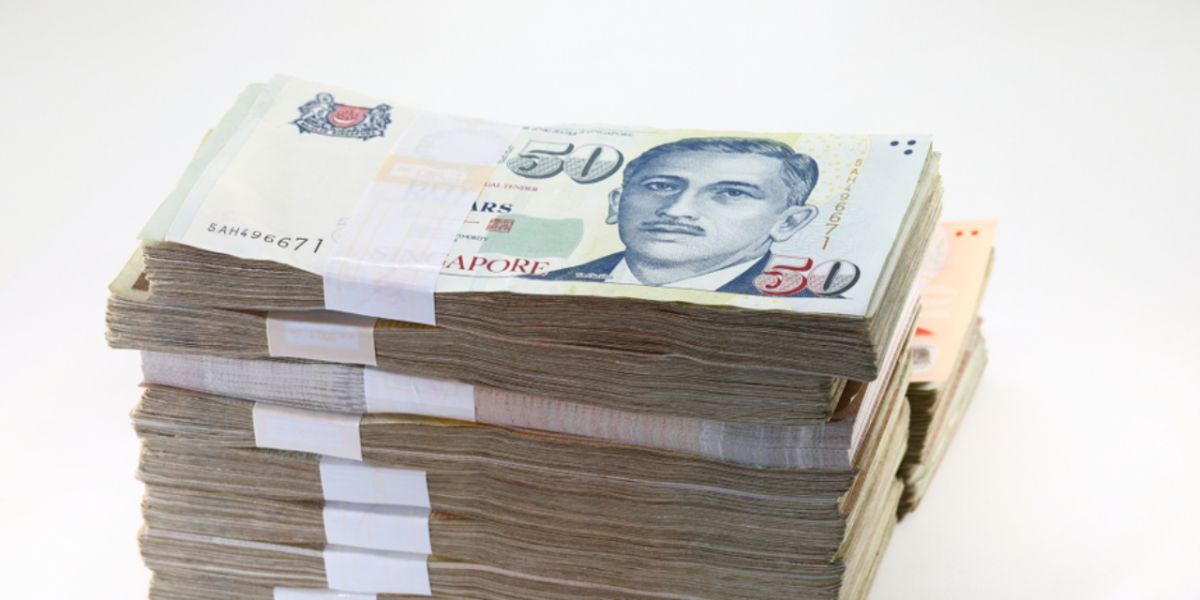
Singapore offers a wide range of personal banking services and has a complete offering of international banking services. For those of you seeking to stay for a long period of time in the country, it might be worthwhile to open a local bank account in order to save both on commission and unfavorable exchange rates.
Opening a bank account before arriving in Singapore
Singapore is home to many expatriates and offers a sophisticated range of international banking services. Before seeking to contact local banks, make sure that the institutions you already bank with don't have operations in Singapore. Some banks help open accounts in other countries and save you from the hassle of starting all procedures from scratch upon arrival. These services are generally offered to holders of premium accounts, but it might be worth checking with your local agency. For example, HSBC offers its premium clients the possibility of starting the administrative procedures prior to their arrival in the country.
Very often, completing the account opening procedures only requires a visit to the agency once you arrive in Singapore. However, unlike in other countries, opening an account is a straightforward process in Singapore, as long as you hold the relevant paperwork. So generally, you shouldn't worry about being without any banking facilities for too long a period of time. Singaporean banks will deliver debit (or NETS) cards without any difficulty but might be reticent to provide credit card facilities to foreigners unless they hold long-duration work permits and have a salary that lies above a certain threshold. However, conditions tend to vary from bank to bank and can be altered if you provide sufficient proof.
Documents needed for opening a bank account in Singapore
As an expat, you'll require your passport and residency pass. If you don't hold a residency pass that's either an employment or a student pass, it'll be tricky for you to open a bank account while in Singapore. Partners accompanying their spouses will, therefore, find it difficult to open an account but can request that a duplicate card be issued.
Many banks allow expatriates to open an account online, but very often, a visit to a local branch will be required. It's also a good idea to book an appointment with an advisor at the bank in order to investigate the different savings schemes offered locally; these might differ from what you're used to in your country of origin and could be interesting, especially if you plan to stay in Singapore for many years.
On top of your passport and residency pass, banks might require proof of address, a recommendation from another bank, tax codes from your country of origin, or an introduction. If you hold a contract of employment from a recognized institution, you could also request them to prepare a letter of introduction for you. This is common practice amongst international corporates and can help expedite the process, especially if referrals have taken place in the past for previous expats.
Banks in Singapore
The largest bank in the country is the Development Bank of Singapore (DBS). It's probably one of the best options if you intend to open an account once in Singapore, as it's used for opening expatriate accounts and even has an expatriate banking program. This program offers you the possibility of holding a multi-currency account, which might be useful if you have revenue streams from your home country or intend to regularly transfer funds across international accounts. In addition to basic services, credit cards at DBS allow you to collect miles, which can be handy if you intend to travel significantly.
Other options include Oversea-Chinese Banking Corporation (OCBC) and United Overseas Bank (UOB), and the latter also offers interesting packages for students. Additionally, there are a host of international brands in operation, including HSBC and Standard Chartered.
Types of bank accounts
Of course, there are standard checking accounts (also known as current accounts) and savings accounts, but you can also get multi-currency accounts (which we've already covered above) and fixed deposit accounts.
Fixed deposit accounts are like an upgraded type of savings account. The more money you put in, and the longer you leave it in there, the higher the interest rate earned. You'll typically have to agree to a certain period for which you want to keep the money. While you can withdraw earlier, you'll usually have to pay a penalty fee.
Useful link:
We do our best to provide accurate and up to date information. However, if you have noticed any inaccuracies in this article, please let us know in the comments section below.











